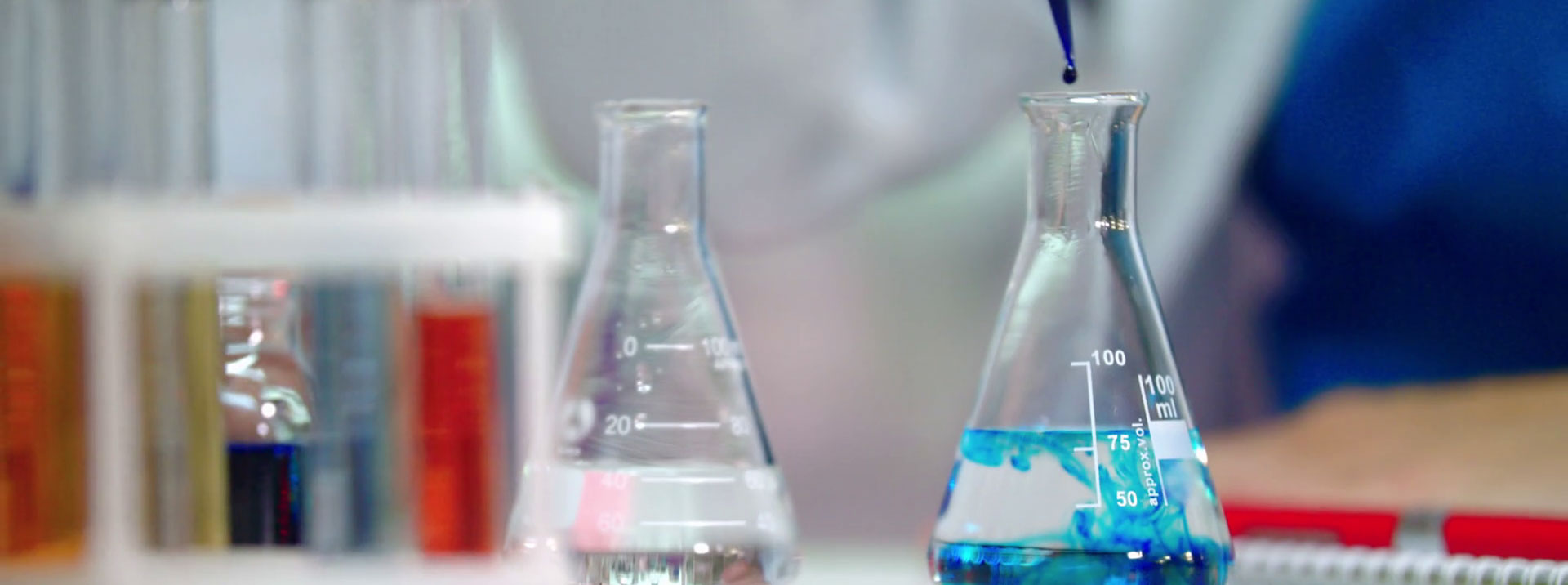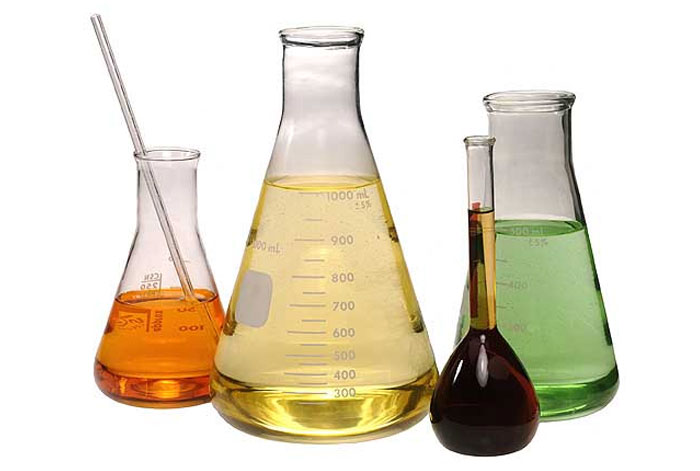




The ASTM D543 Chemical compatibility standard has been developed by the American Material Testing Association (ASTM). This standard is designed to evaluate the resistance of plastics to chemical reagents. During this test, performance in a potential end-use environment is simulated and plastic materials are evaluated for resistance to chemical reagents.

The chemical reagents may be various lubricants, cleaning agents, inks, foodstuffs or any material that is expected to come into contact with the product being tested. The tests are evaluated taking into account the weight, size, appearance and durability characteristics of the material being tested and take into account various exposure times, strain conditions and high temperature values.
Polymer chemical resistance tests are performed by advanced laboratories. These tests include polymer resistance tests of a number of chemicals, from benign hydrocarbons to sour liquids. These tests ensure that the polymer-liquid interactions do not cause major malfunctions. Various properties for fluid interactions such as mechanical strength, chemical degradation and material swelling are tested.
Chemical resistance tests help determine whether a polymer-liquid combination is functional throughout its lifetime. In these tests, possible variables such as sweet and sour liquid exposure, high sensitivity measurements, thermally accelerated degradation and coating evaluation are tested.
In the project-based works of the enterprises, the behaviors of the designs against the liquids which are considered to be chemically enemies are revealed.
In addition, it is important to select materials that are repeatedly exposed to harsh chemicals, especially in the medical device industry. This requires the use of strong disinfectants and rigorous sterilization procedures.
Some plastics may crack, change color, become sticky, or become unusable. Therefore, chemical resistance value is the key factor in material selection. The chemical resistance tests performed by the competent authorities comply with the methods and standards published by domestic and foreign organizations.
The application is received, the contract and then the product, vehicle and vehicles for which, what kind of service is determined exactly.
The necessary laboratory environment is prepared and the products, tools and instruments requested by the organization are tested by experts with the reference of the existing standards and measurements are made.
The data obtained as a result of meticulously completed tests, measurements and analyzes are evaluated and accredited approved reports are submitted by expert engineers.
To get an appointment, to get more detailed information or to request an evaluation, you can ask us to fill in our form and reach you.